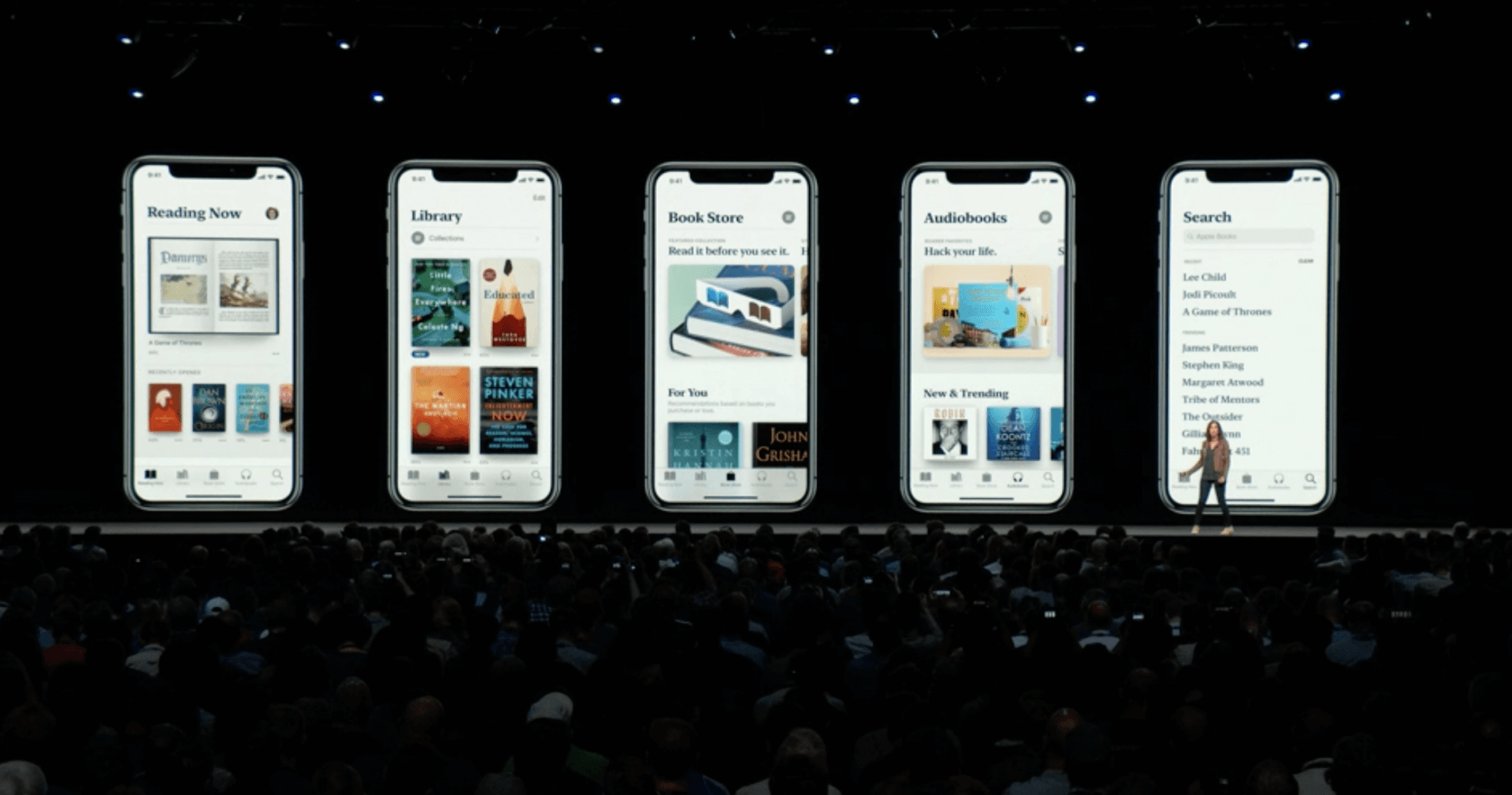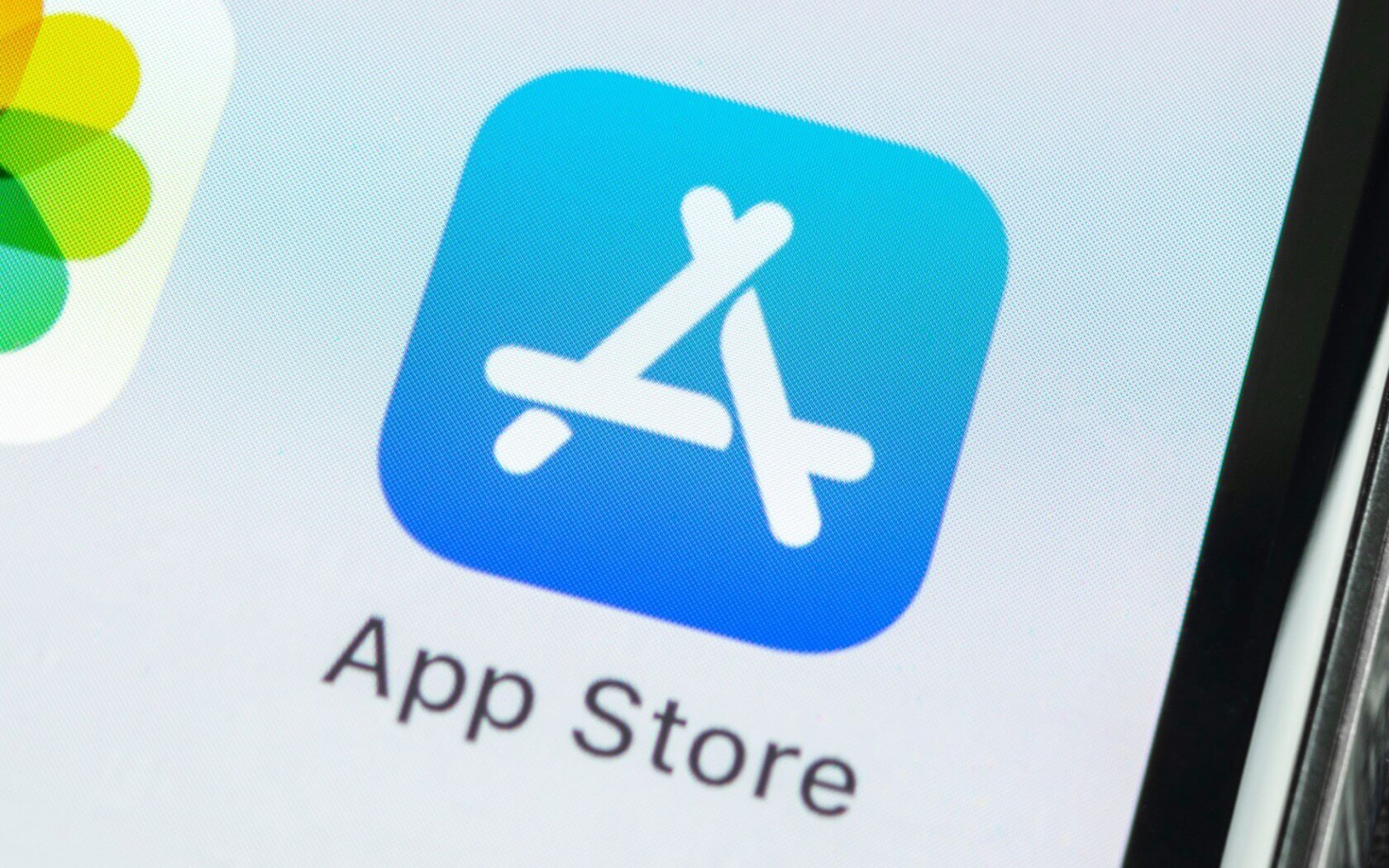Something to look forward to: Apple's antitrust battles in the US and EU have caused quite a stir inside the company, to the point that it is now considering significant changes in the way it treats third-party apps in iOS. The company is likely evaluating this possibility to avoid any legal action that might ensue, but there's no denying that it would make power users and app developers happy.
According to a Bloomberg report, Apple is looking into changing policy surrounding iOS apps to quell antitrust concerns of US lawmakers. In a hearing with a House of Representatives antitrust panel last year, the iPhone maker was told that it provides an unfair advantage to 30-plus homegrown apps by forcing them to be the default options for browsing, email, maps, and music.
While you can install a third party app of your choice on these categories, the upcoming iOS 14 update might allow you to configure them as the system default. By doing this, Apple can save itself some flak from developers who routinely claim they're unable to compete otherwise.
Furthermore, the Cupertino giant is considering the idea of loosening the restrictions imposed on third-party streaming services that distribute their apps on the App Store.
This would come in response to the likes of Spotify who have been openly critical about the 30 percent cut that Apple takes from subscriptions made through the App Store, which is arguably unfair considering Apple Music doesn't suffer from that disadvantage.

There is also talk inside the company about whether Apple should allow third-party music services to become the default for Siri, as well as enable their use with HomePod. However, there's one app that's notably absent in the report, and that is iMessage, which is one of the company's most guarded ecosystem advantages.
Apple's main argument for the way it enforces default apps in iOS is to give users a great vanilla experience, and most of its users are probably fine with those options. However, letting people that want to use third-party alternatives do so would be beneficial for power users, as well as people who consider these limitation a deal-breaker when they're looking into buying an Apple device.
Whatever the reasoning behind the change, this might also prevent the expense of future legal action against the company on the grounds of anticompetitive practices, and accusations of using iOS to advertise and the App Store to push its own apps onto a loyal customer base.
On a related note, earlier this month, Apple made its users a lot happier by enabling universal purchases for macOS, iOS, iPadOS, and tvOS apps.
